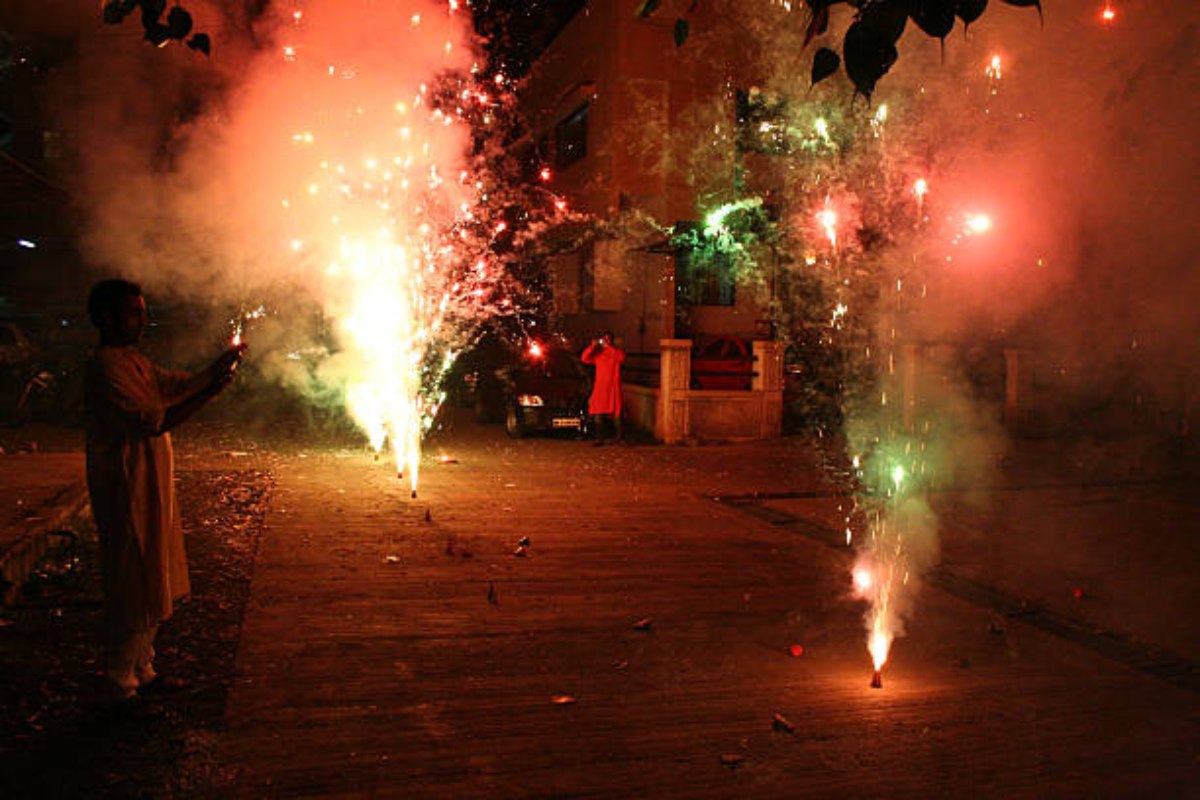As Delhi gears up for another Diwali season, the announcement of a renewed firecracker ban by the state government underscores the city’s continuing struggle against air pollution. This decision, though expected, highlights the persistent challenge of balancing tradition with the urgent need to protect public health. Every year, the air quality in the world’s most polluted capital plunges to hazardous levels during winter, driven by a combination of local emissions, agricultural residue burning in neighbouring states, and meteorological conditions that trap pollutants.
In this context, banning firecrackers ahead of Diwali is not just a regulatory move but a necessary intervention to safeguard millions of lives. Diwali, the festival of lights, is deeply ingrained in Indian culture, with firecrackers being a central part of the celebration. For many, bursting crackers symbolises joy, triumph, and tradition. However, the environmental cost of this practice is too high to ignore. Firecrackers contribute significantly to air pollution, releasing fine particulate matter (PM2.5), which can penetrate deep into the lungs and bloodstream, leading to a range of respiratory and cardiovascular problems.
Advertisement
This is concerning in a city like Delhi, where pollution levels during Diwali often spike to levels many times higher than the safe limits set by global health organisations. The Delhi government’s decision to extend the ban on firecrackers until January 1 is a proactive measure that recognises the severity of the pollution crisis. However, the effectiveness of this ban has been a subject of debate in recent years. Despite the threat of fines and jail time, the enforcement of the ban has been inconsistent, with many residents continuing to burst firecrackers during Diwali. This highlights a broader issue: the need for better public awareness and community engagement to ensure compliance with such regulations.
Punitive measures alone are insufficient to change behaviour; what is needed is a collective effort to shift societal norms around pollution and celebrate Diwali in an environmentally responsible way. The ban has also sparked controversy among those who see it as an attack on their religious freedoms. This sentiment is not entirely without merit, as the festival holds deep cultural significance for millions. However, it is crucial to recognise that the primary objective of the ban is not to suppress tradition but to protect public health. In a city where pollution contributes to thousands of premature deaths each year, the need to prioritise life over tradition cannot be overstated.
Moreover, the firecracker ban is just one part of the broader strategy needed to combat air pollution in Delhi. The city’s air quality crisis is multifaceted, involving not only local sources of pollution but also regional factors such as stubble burning in neighbouring states. Addressing these issues requires a coordinated effort at both the local and national levels, with a focus on sustainable practices and









